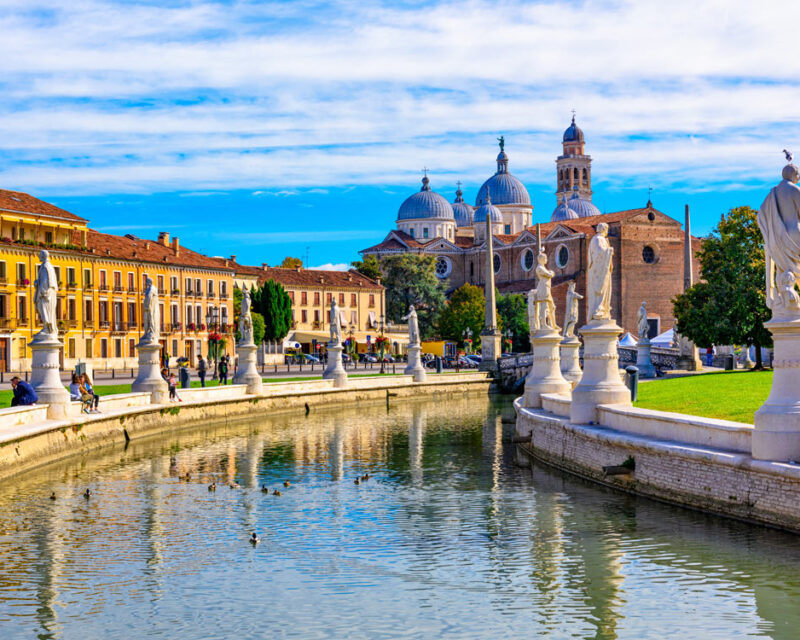Bergamo, Bologna, Florence, Milan, Padua, Parma, Prato, Rome and Turin – these are the nine Italian cities that the European Commission sorted out for the mission “100 climate-neutral and smart cities by 2030”, that’s to say, the 100 European cities that will go for the challenge for climate neutrality within 2030.
What does this mean? It is one of European Union’s programmes, which aims at making the emissions coming from urban centres climatically neutral. These cities will become the pioneers of this important goal, throughout mobility, energy efficiency and green urban planning actions, with the possibility of creating joint initiatives with other EU programmes.
The 100 cities are now going to work out their own Climate City Contract, which must become effective during 2023 and which must include a general plan for climatic neutrality at all levels, as well as investment plans. Clearly such a process cannot take place without the active involvement of citizens, research boards and private sector.
Can such a challenge be faced? For example, a few days ago Padua - the only city from Veneto included in the mission – in order to reach the goal has made official a memorandum of understanding with the University of Padua (which has been actively engaged for years in the definition of policies and strategies of decarbonisation) in order to coordinate actions and projects, thus actively cooperating for the achievement of the goals of the Net Zero Cities.
A cooperation which could grant an efficient collection, organization and sharing of the information and knowledges of the themes to be coped with. “Municipality and University will also cooperate in information initiatives and campaigns, events and projects on the themes of sustainability, in order to improve the awareness and commitment of all citizens and actors on the territory” explains Francesca Da Porto, Pro Rector for sustainability.
Another example: in Rome major Roberto Gualtieri signed a memorandum of understanding with the Ministry of Infrastructure, in order to formalize the adhesion of the Capital to the achievement of the goal of eliminating greenhouse gas emissions (or in any case reducing them) offsetting the remaining ones.
Here are the milestones for Rome: sustainable mobility and public transport relaunch, the achievement of the 15-minutes city granting proximity services, the closure of the waste cycle (a problem that is old, but always present) with the increase of the waste sorting and the building of plants for recycling and energy recovery, the urban forestation with the increase of the urban tree stock, the improvement of the energy efficiency of the building heritage.
In 2030, the cities will get 360 million euros.



